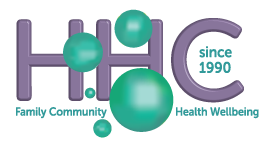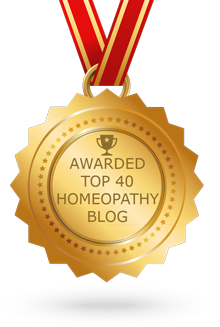Transition is a period of changing from one state or condition to another
In our lives, we go through many different transitions, some we have no control over, and some we choose. The ones beyond our control can often be difficult, painful, and uncomfortable.
Puberty is one such transition. It relates to my own family at this time. As mother of two teen girls and about to enter the menopause zone myself (another major life transition). I am all too aware of the challenges that lie ahead for our family. Teen acne and teenage mood swings to name just a few. What support do we have that will enable us to pass through this potentially tumultuous time of change?
Of course, children who are centered and secure in their family and school lives are likely to adapt well to the physical, mental and emotional changes that take place over several years.

What are the symptoms of puberty?
The signs of puberty in girls include:
- Growth of pubic and other body hair
- Growth spurt
- Development of breasts
- Onset of menstruation (after puberty has started)
- Teen Acne
The signs of puberty in boys include:
- Growth of body hair, pubic hair and facial hair
- Enlargement of testicles and penis
- Muscle growth
- Growth spurt
- Teen Acne
- Deepening of the voice
The symptoms of precocious puberty are similar to the signs of normal puberty but they manifest earlier—before the age of 8 in girls and before age 9 in boys. Whilst delayed puberty is characterised by the lack of onset of puberty within the normal range of ages.
Teen acne and teenage mood swings
For some children, however, the changes and the puberty stages for girls are extreme and hard to cope with. To recap, the obvious physical changes due to hormone imbalance include: acne, breast and hair development, onset of periods, body odour, and general fast physical growth causing pain. The emotional changes that go alongside these include: teenage mood swings, lethargy, lack of motivation, self consciousness, embarrassment and being desperate to fit in. For puberty in boys, the inability to wind down and teen acne are also notable.

Their brains are re-wiring at such a great rate that the need for good nutritional support is also key. However, as a parent I am very aware that getting children to take their supplements and eat a healthy balanced diet poses a challenge.
My 14 year old daughter, from a very young age, has had skin issues (eczema as a baby and now acne). I considered the causes of inflammatory acne. She has always struggled with the idea that people are watching her. If she fell over as a toddler, she would immediately look around and then scream with embarrassment if anyone even dared to pay her any attention. This strong emotion has flared up with her rapidly changing hormonal state and even the sound of my voice in public can become intensely embarrassing for her. These kinds of tendencies are always with us and transitions can trigger a flare-up of these tendencies, producing very uncomfortable situations.
However, healthy diet has helped enormously and she has now removed processed sugar and grains from her diet and anything else that inflames her skin such as night shade foods (such as tomatoes, eggplant, potatoes, and capsicum) and spices. This has made a notable difference and has also helped to stabilise her moods in recent weeks.
Holistic acne treatment
- Good diet
- Check your dairy intake
- Aim for a low GI diet
- Movement and exercise is essential as muscles compress on lymphatic vessels
- Make sure you are getting enough zinc
- If you are vegetarian make sure you are eating enough protein
- Homeopathic support
- Parental empathy and understanding can help to calm these flaring tendencies.
This kind of natural treatment for acne in teens goes a long way.
As parents, we just want our children to be resilient, energetic, kind, courageous, and happy in their chosen fields. However, navigating through the ever-changing physical and emotional climate can be tricky and quite stressful. We need to learn to adapt to this change quickly without resistance and struggle.
At the Harbord Homeopathic Clinic, we are always aiming to respond to the needs of our regular clients and the wider community. With that in mind, we are producing a comprehensive range of off-the-shelf homeopathic remedies to suit the changing needs of life.
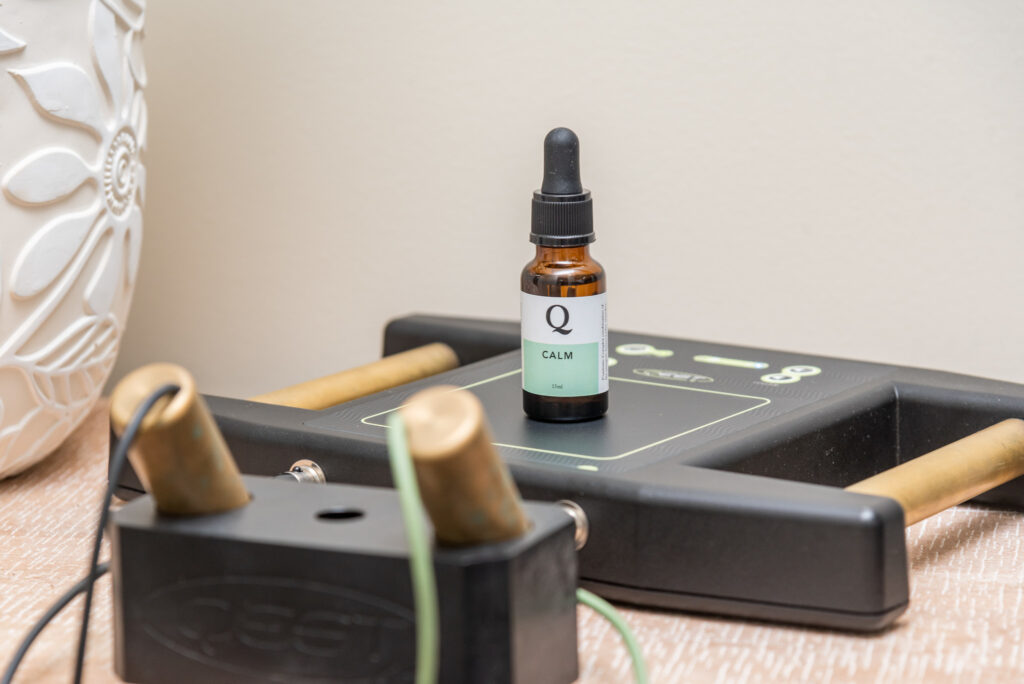
They will each contain a complex blend of homeopathic remedies, tissue strengthening sarcodes and flower essences to support the physical, mental and emotional changes that each of these transitions come with. The remedies support the natural capability of our bodies to establish equilibrium. They help the body to detoxify, desensitize, and to restore comfortable balance and harmony. The remedies are carefully devised to help a range of problems. For more complex health issues, we strongly advise that an individual consultation with Qest4 bio resonance or with one of our other homeopathic practitioners would be helpful.
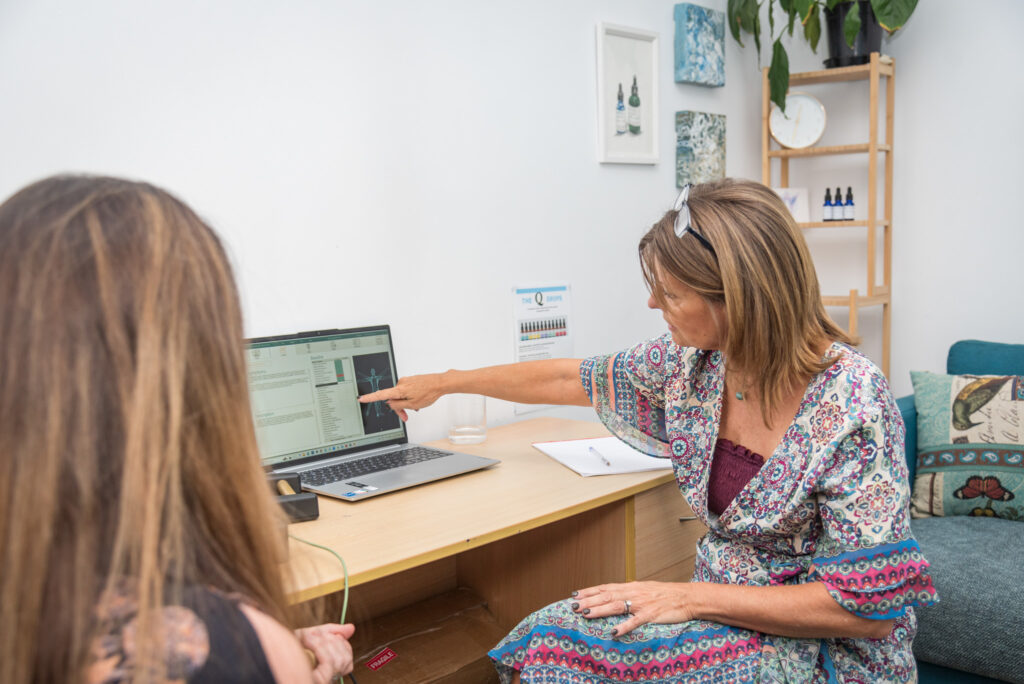
As a parent, understanding teenage mood swings and the stages of puberty, really does help
For now, as you move through change, or support others through change, remember that it always takes you to a new phase of life which is ultimately good. Embracing the puberty stages, rather than resisting them, can help us move through transition with as little discomfort and distress as possible. Remembering our own teenage years may help us give kindness and compassion towards ourselves first. Secondly it may help us empathise with those who are transitioning themselves, trying to adapt to new sensations, feelings and emotions, which may present as teenage mood swings and teen acne. It is all part of the sometimes messy entirety that is life. Just remember that help is always at hand.
Q Drops
Q Teen Girl
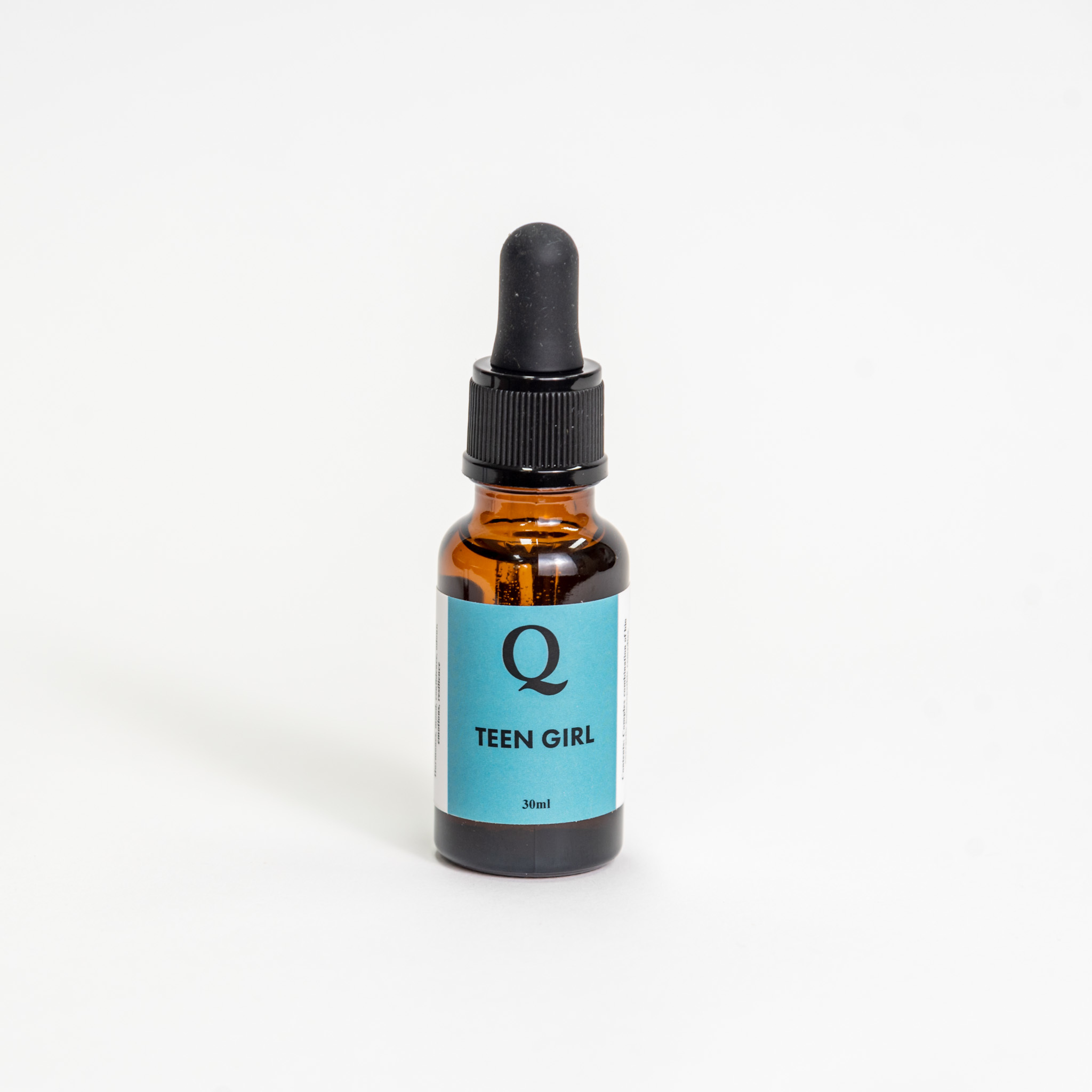
Q Flow
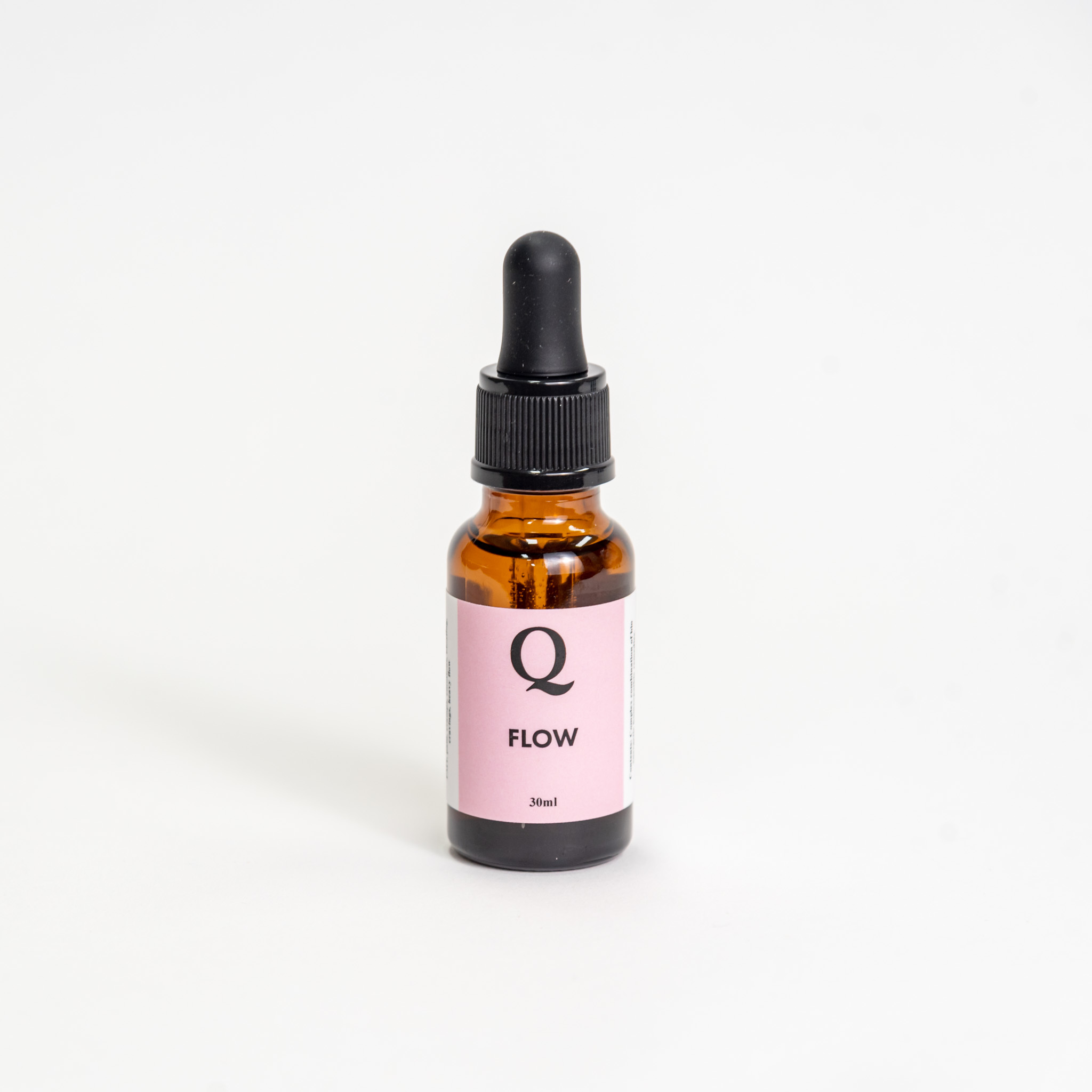
Q Teen Boy
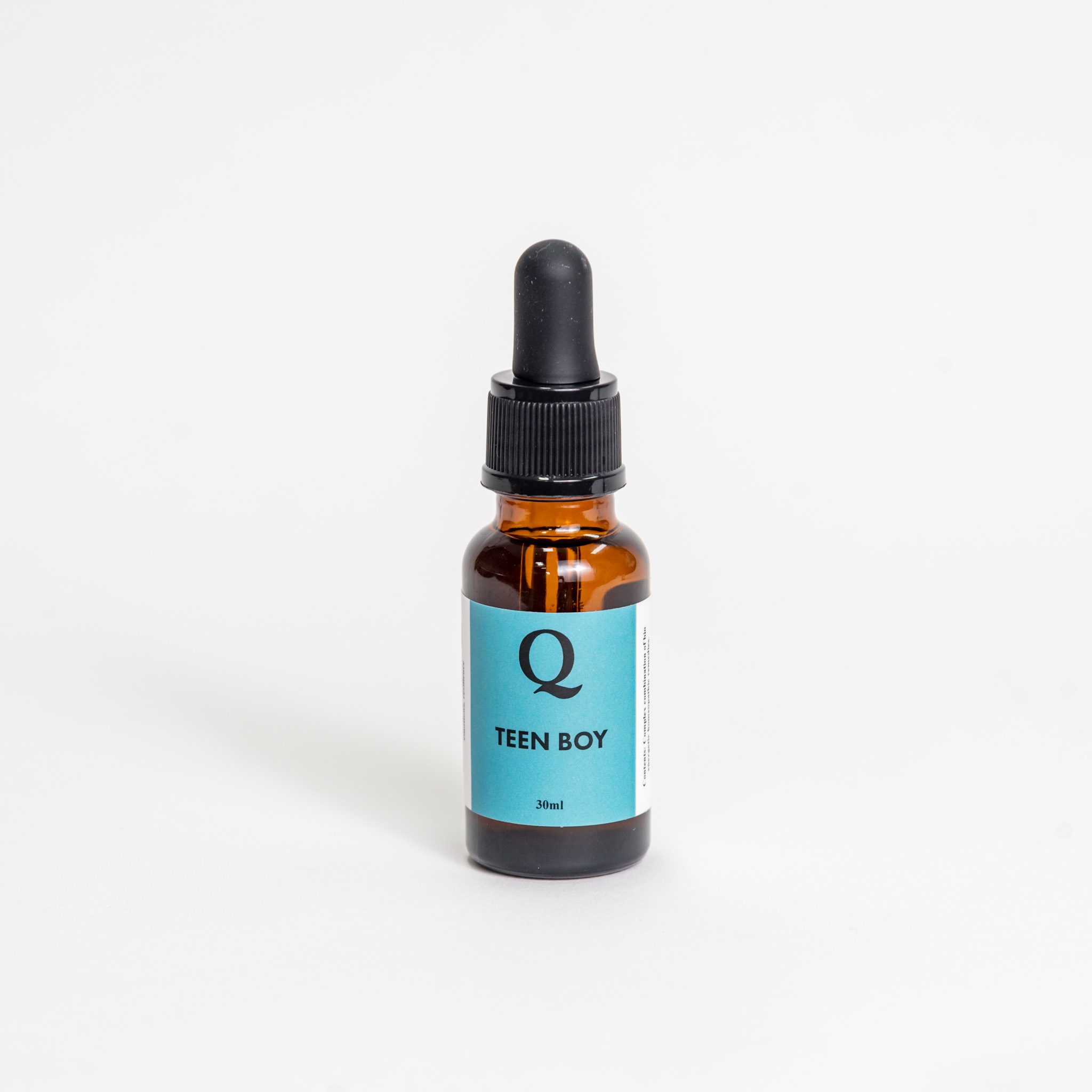
Packs are groups of remedies that complement each other
Q Teen Girl Pack (Q Teen Girl, Q Calm, Q Flow)
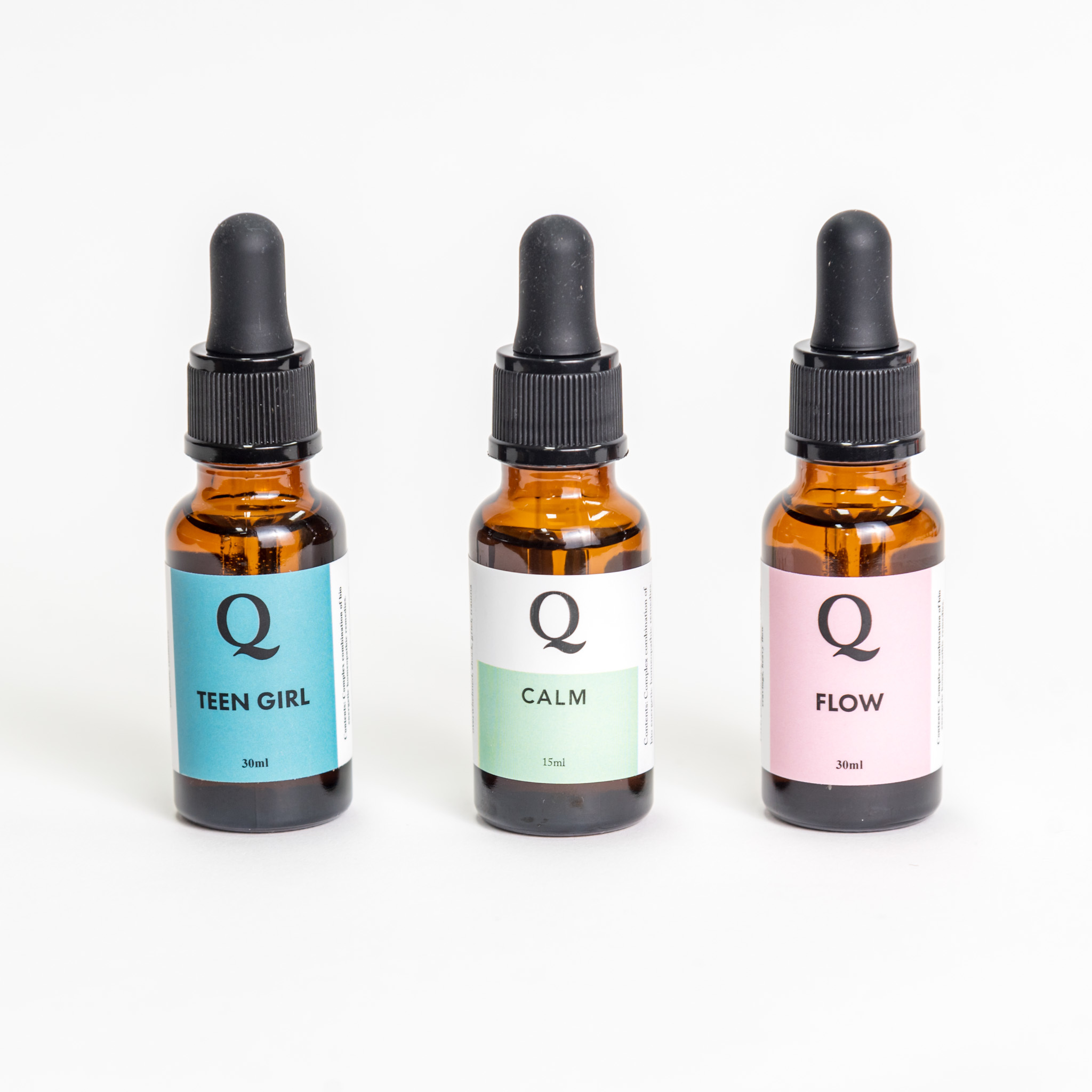
Q Teen Boy Pack (Q Teen Boy, Q Screen, Q Focus)
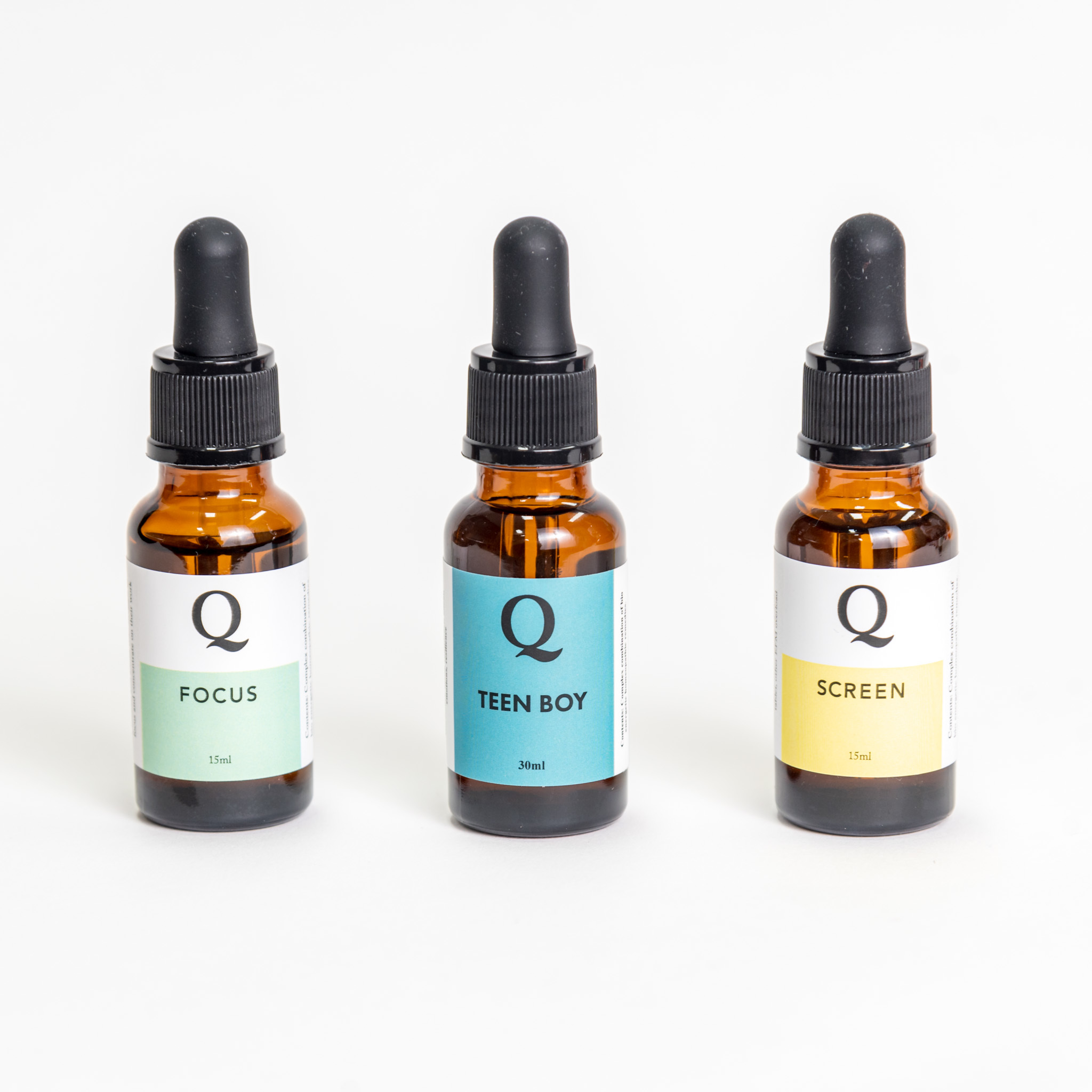
Q School Pack (Q Screen, Q Focus, Q Motivate)
Q Parent Rescue Pack (Q Anger, Q Calm, Q Sleep)
- Puberty Stages and Easing the Transition - 06/05/2024
- Lightening the load – understand your fatigue and stress factors - 20/09/2022
- Quest for the Qest4: A story of bioresonance - 25/04/2019
